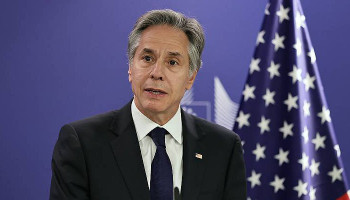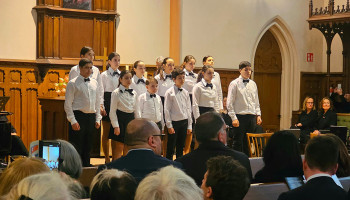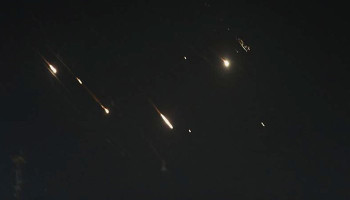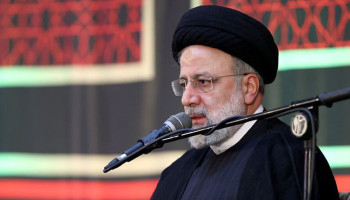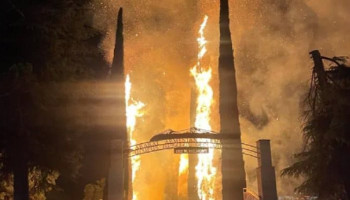How Russia’s rich elite spend their billions in London
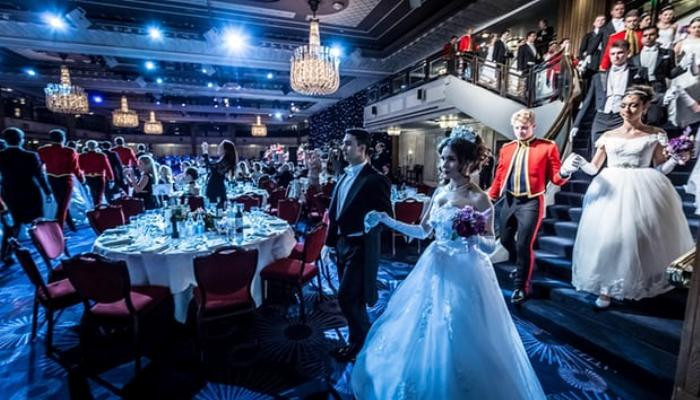 Early in this millennium an exotic new species appeared in London. They were men of the genus nouveau riche, but they were different in important ways from other variations. They flew in private jets. They were accompanied by fashion models. They were surrounded by bodyguards, in a country where the police do not bear arms. Their brashness as much as their accent revealed their origin – they came in from the cold. They were the oligarchs from Russia. Initially, they were not particularly welcome in the place they insisted on calling tumanny (foggy) Albion. “Shadowy tycoon from Siberia”, who made his fortune in “murky oil deals”, was the most flattering epithet the British press awarded Roman Abramovich when he offered to purchase Chelsea FC. Things changed when the oligarchs started buying the most expensive properties in London and Surrey, opening bank accounts for their companies (many of which were based in overseas British island territories) and buying British football clubs. Meanwhile Londoners eagerly cater to their needs as butlers and architects, accountants and lawyers, interior designers and private tutors, personal shoppers and family officers. But their most important facilitator has been the UK government itself, which has rolled out the red carpet to a group whose enormous wealth became part of a narrative about a new golden age for the capital.Regardless of which industry the Russian oligarchs made their fortunes in, their fortunes were not self-made, in the American sense. There are no Mark Zuckerbergs or Sergey Brins among them. Many made their money through transactions with the government of Russia – either buying assets from the government for pennies through privatisation schemes, or selling assets, goods or services to the Russian government for a fortune. Some managed to do both. There are even those who worked all their lives for the state-owned companies, and then miraculously became insanely rich. Let’s talk about where much of the money for those expensive London houses and iceberg basements may have come from. In 2005, for instance, Abramovich sold Sibneft, the oil company the late Boris Berezovsky originally created out of a so-called loans-for-shares privatisation, to Gazprom, which is owned by the Russian state, for $13bn. Alisher Usmanov – the Uzbek-born business magnate who built up a 30% stake in Arsenal football club – meanwhile bought the metallurgical businesses of Gazprom’s investment arm, which laid the foundation of Metalloinvest, the multibillion-pound holding company of his immense empire. Andrey Yakunin’s fund benefited from the sale of a portfolio of hotels situated on land plots previously owned by the Russian state railway monopoly. Ukrainian-born Sir Leonard Blavatnik privatised the oil company TNK, together with his partners Mikhail Fridman and Victor Vekselberg, in a joint venture with BP. In the end, these partners sold their half to the Russian state-owned Rosneft for a handsome $55bn. Accompanying this accumulation of great wealth, there have been allegations against some oligarchs of breaches of either criminal, civil or professional codes, or ethical norms, at times without foundation. Abramovich was accused by his ex-partner, Berezovsky, of stealing his share of Sibneft. Berezovsky lost his case. But the dramatic trial in London exposed the protection and control the Kremlin exercises in the world of Russian business. Usmanov, meanwhile, invested Gazprom’s money in Russian metallurgical businesses. While still Gazprom’s investment officer, he then sold these metallurgical stakes to a company under his control. Yakunin acquired a vast portfolio of hotels located next to central railway stations in major Russian regional capitals. The properties originated from the land holdings of the Russian Railways company, and were built with the involvement of its pension fund, which were both run by Andrey’s father, Vladimir Yakunin, who was then chief executive of Russian Railways.At times the power of the Russian state has allegedly cast its shadow, reportedly aiming to force BP to sell its interest in the TNK-BP joint venture. The Russian government reportedly subjected the joint venture’s management in Moscow to the kind of pressure you see in cowboy films. There were 13 raids by different law enforcement bodies, with masked uniformed officers holding employees at a gunpoint while confiscating their documents and computers. Foreign employee visas were cancelled. Two employees were arrested on espionage charges. At the time it was reported that there was even an alleged attempt to poison Robert Dudley, who was then the head of TNK-BP. When the beleaguered joint venture was eventually sold, Blavatnik was one of the three partners massively enriched by the sale. Blavatnik categorically denies any involvement in the alleged harassment campaign against BP.In general, why are Russian oligarchs so welcome in London? Generally, they do not permanently reside in the UK. Their businesses remain in Russia, and their mansions and palaces are owned by offshore companies. Many appear to be non-doms: many pay UK taxes only on the tiny fractions of their wealth that they remit to England in order to support their living expenses. Some claim residences in Russia, Israel, Malta, Cyprus, Austria and so on. They appear to be suitcase businessmen, typical fantastic beasts. In general, why are Russian oligarchs so welcome in London? Generally, they do not permanently reside in the UK. Their businesses remain in Russia, and their mansions and palaces are owned by offshore companies. Many appear to be non-doms: many pay UK taxes only on the tiny fractions of their wealth that they remit to England in order to support their living expenses. Some claim residences in Russia, Israel, Malta, Cyprus, Austria and so on. They appear to be suitcase businessmen, typical fantastic beasts. One explanation is philanthropy. Most engage in charitable and philanthropic activities here. In some senses they are model citizens. They donate to social charities, sponsor the arts and finance educational institutions. Perhaps they want to be seen with benevolent deeds next to their names at the top of the Google search. The Sunday Times Giving List ranked Usmanov in the top 10 most generous philanthropists in the UK by total donations made in 2016. Abramovich has been the largest donor to the Fulfilling Dreams charity, which provides holidays around the world for children with serious illnesses. Blavatnik was knighted for his philanthropy in the UK. The beneficiaries of his charitable donations – all bearing his name – were a wing in Tate Modern, and the School of Government in Oxford.It is argued the real tie the oligarchs maintain is to their country’s capital – Moscow, where many have maintained close connections to power and to the Kremlin. Abramovich once served two terms as a governor of the remote far eastern province of Chukotka. Usmanov has played his part in the construction of sports venues for the Sochi Olympics, or the 2018 World Cup. Some oligarchs are said to provide other services to the Kremlin. Some finance ultra-right movements; others sponsor anti-EU thinktanks and publications. We will now see if the UK government decides to apply pressure on Putin by subjecting some of the oligarchs and Russian government officials to asset seizures, visa cancellations and other sanctions. One lesson the British public must learn from observing the oligarchs is that they do not add value to the economy or society to the degree that is being presented by some commentators. The money of the Russian super-rich is not critical for survival of the economy of Great Britain. In the current state of Russo-British economic relations, many argue they bring little revenue to the City banks, and almost no foreign trade, employment or investment. Their contribution to the tax bill appears to be limited. What’s more, they come from a business culture said to be eroded by the corrupt regime back at home. Their philanthropic activities may even lead to public relations debacles for their beneficiaries. Vladimir Ilyich Lenin asked: what is to be done? It would be crazy, illiberal and impractical to boot these fantastic beasts out of Britain. But while they live among us we should not be scared to enter their lairs and investigate how they flourish, and who feeds them. Roman Borisovich, who is a former insurance executive, set up ClampK.org and organised Kleptocracy Tours to support his coalition’s campaign against money laundering in the UK. |











